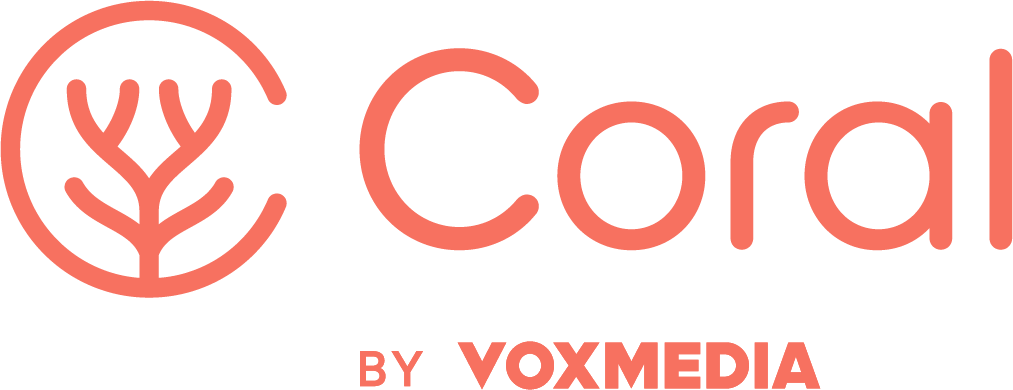Community management means putting your statement of community and your code of conduct into practice. It’s a lot more than just policing. At its best, moderation is about being present and available to help the community inhabit the positive space you’ve designed.
In this post in our guides Jessamyn West describes three categories for user behavior:
- Encouraged
- Discouraged
- Actionable
Actionable behavior comes from your code of conduct. It might require manual action on your part or be automatic. Once you intervene due to Discouraged or Actionable behavior, make sure your interventions have consequences. If the problem keeps occurring or is serious enough, you might want to suspend or ban the user, move comments on that piece into pre-moderation (ie all comments have to pre-approved) for a while, or even close the comments.
You need to make sure that you aren’t promising something you can’t deliver. If you don’t have the capacity to moderate comments and deal with problems 24/7, think about if you want to leave your comments open without any pre-moderation in the hours where nobody is watching. If problems keep occurring in the off hours, you might want to change your policies – and mark that signal that change clearly to the community.
Here are some key questions to help your team keep your promise to readers:
- How quickly will you know if actionable behavior occurs in your community space? How will you find out about it? What if it occurs late at night or over a weekend?
- How will you communicate any major issues or policy changes to your community members?
- Do you have a way for community members to contact your team with questions or problems (eg a community email address)?
- Where did you imagine that problems are most likely to happen? Which topics/authors? Are your resources allocated accordingly? If you see these behaviors recur, how will you handle that?
- Does everyone on your team know what to do if things go really bad?
You also need to have clear policies in place for if someone repeatedly violates your guidelines and could become a danger to you, someone on your team, or another community member. We have a piece about that here.
And as Jennifer Ruggieri, director of Community Engagement for Advance Digital, advises, “never moderate when angry, drunk, or suffering from low blood sugar.”
Bad behavior or bad events can happen, but if your community becomes defined by it then you haven’t acted clearly or quickly enough.
Or, to put it another way, if your community is full of assholes, it’s your fault.


